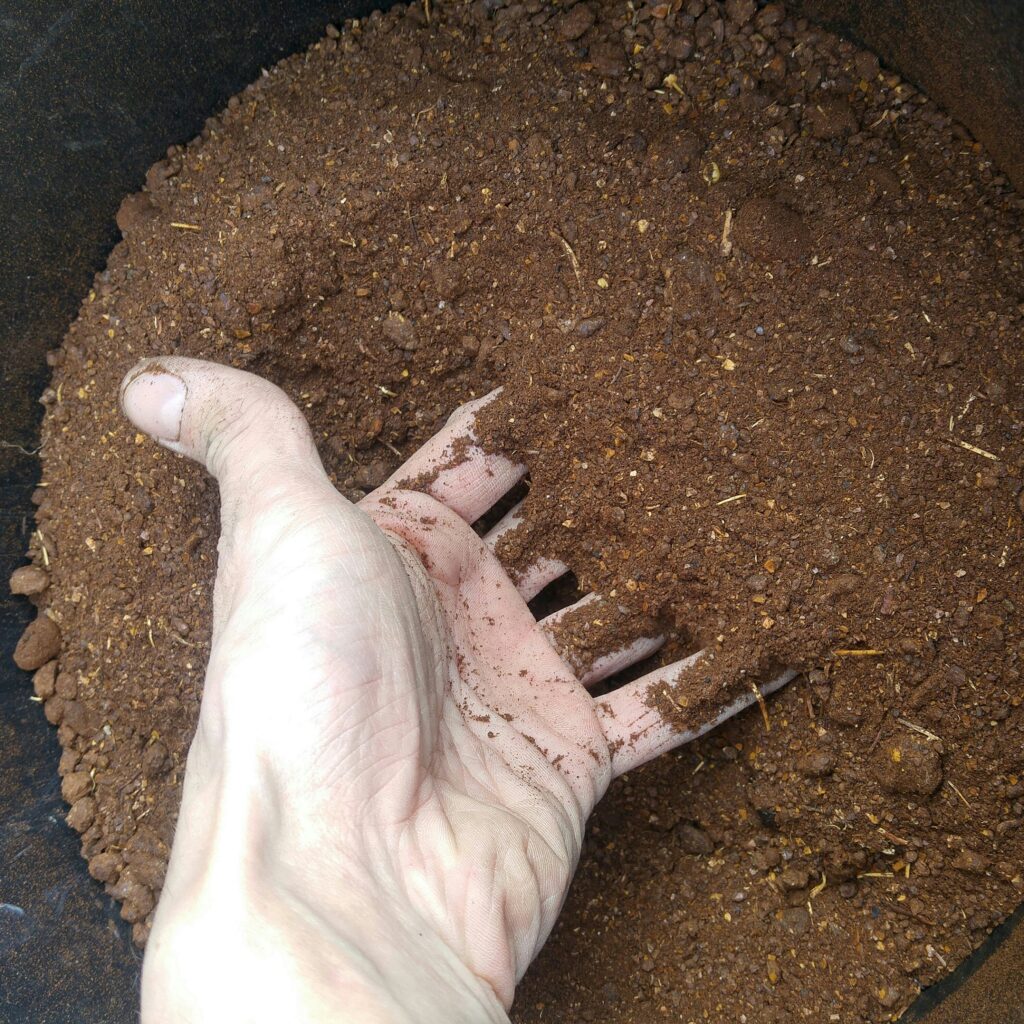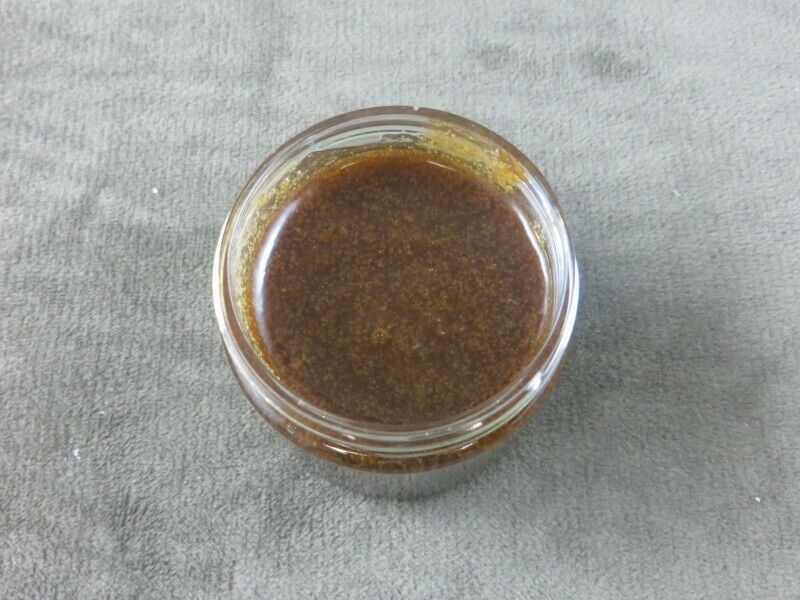Neem seed meal has become a popular organic pesticide and fertilizer..
Here are 5 ways to use neem seed meal around your home and garden.
What is Neem Seed Meal?
Neem seed meal comes from the neem tree Azadirachta indica which is native to India. From this tree, thousands of neem products are made.
The neem seed meal is a granular or powder byproduct of the neem oil extraction process. The seeds are crushed and the oil is removed, leaving the meal behind.
It is high in nitrogen and contains valuable trace minerals such as potassium, calcium, magnesium, and zinc. It also contains 20% to 25% oil and is high in protein and other nutrients
Neem meal is beneficial for several applications in the garden, including pest control and organic gardening.
What’s The Difference Between Neem Seed Meal and Neem Cake?
Neem cake and neem seed meal are basically the same things. The production process and seller determine the market name. Neem cake is used in agriculture for integrated pest management. as a fertilizer or soil amendment to improve the soil’s fertility and structure.
Benefits of Using Organic Neem Seed Meal
Organic neem seed meal is a valuable commodity and has many benefits for plants, animals, and people. It is high in protein and has many beneficial properties.
Seed meal is high in protein, and essential fatty acids, and is also rich in vitamins and minerals. It is used as a feed or feed supplement for livestock and poultry.
This garden saver is an excellent natural fertilizer or used as a soil amendment. It is a 100% natural product that is high in nitrogen and other nutrients.
For Garden Plants: Neem seed meal helps control nematodes and insects that attack plant roots.
- It also controls grasshoppers and other shell-less insects.
- Repels mosquitoes, flies, and other flying insects.
- Helps control ants, aphids, beetles, caterpillars, and many more species.
You can safely use it on your indoor plants
For Indoor Plants: Neem seed meal helps control fungus gnats in soil and indoor plants.
- It also has insecticidal and fungicidal properties that make it effective against multiple diseases.
- Insects don’t become resistant to neem.
- Treats fungus in the soil of your indoor houseplants.
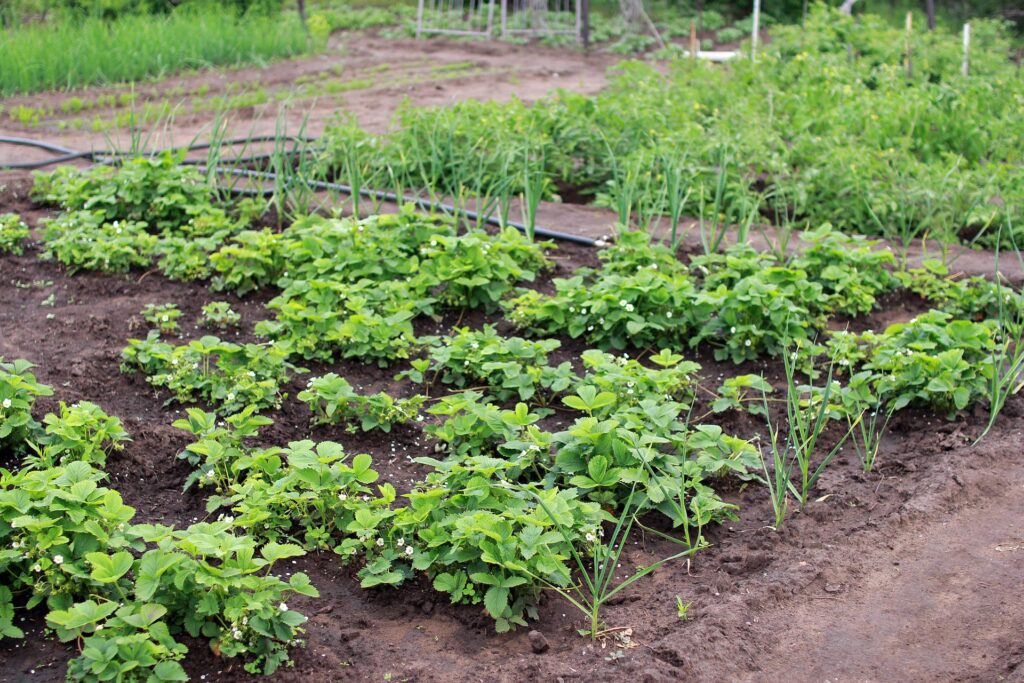
How does neem seed meal work?
Neem seed cake contains a strong, natural fungicide that protects plants from fungal diseases. It disrupts certain insects, fungus, and bacteria’s life cycle. It is also a powerful biological insecticide, and repellent to many insects. Research shows that it is especially effective against aphids, whitefly, spider mites, and other pests.
This wonder plant has been used successfully in organic gardening for many years.
Is neem seed meal systemic?
Will my plants absorb the components, such as azadirachtin, through their roots and deliver it to the rest of the plant?
Some people believe that it is also systemic, meaning that it is absorbed by the plant and will provide long-term protection from pests and diseases. Some swear by its abilities, while others claim it does nothing.
The question of whether or not neem seed meal is systemic has long been debated among gardeners.
An Oregon State University study showed that azadirachtin is mildly systemic and can be absorbed by certain plants and stored in the cells and fibers.
While a recent study conducted by the University of Florida found that neem is not a systemic pesticide.
This means that it does not move from the plant to other creatures, and is therefore safe for use in home gardening.
Many growers swear by neem seed meal and neem oil for pest control.
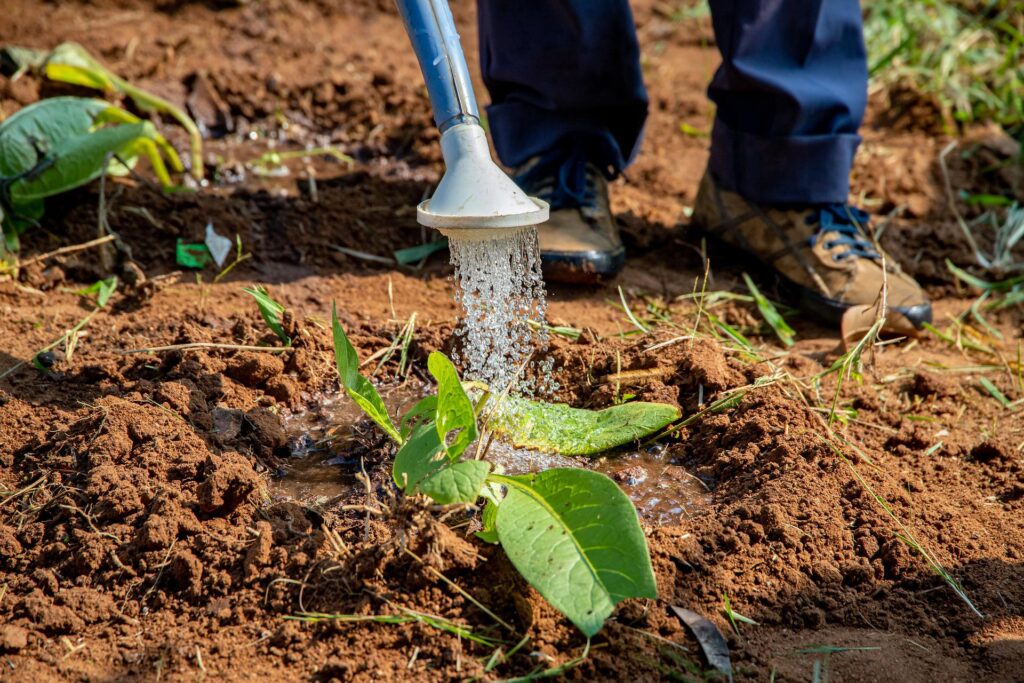
Here are 5 ways to use neem seed meal:
- As an organic fertilizer to enrich nutrients and improve plant growth. Adds fertility to the soil in your vegetable garden.
- Use it as a soil drench. Pour neem tea or cake granules onto the ground around your plants.
- Makes a great Foliar plant spray. As an effective pesticide and insecticide. It is effective against soil-dwelling bugs and illness.
- Top dress indoor houseplants for multi-purpose effect. Sprinkle on the top of the potting soil in the containers of your container plants.
- Use as a Neem Tea similar to normal compost tea.
One of the biggest benefits and uses is a fungicide and pest control. It is a great organic solution for fungus gnats.
How to Use Neem Seed Meal As A Fertilizer
Here are a few tips on how to use seed meal as a natural organic fertilizer:
1. Add it around plants at the time of planting. For best results, mix it with compost or other organic matter.
2. Sprinkle it around plants that are already growing to provide a quick boost of nutrients.
3. Make a foliar spray to help improve plant health and resist bugs and diseases.
4. Top dress around the base of trees and shrubs for mulching or to keep weeds out.
+ Neem seed meal is reported to be an excellent organic control for termites.
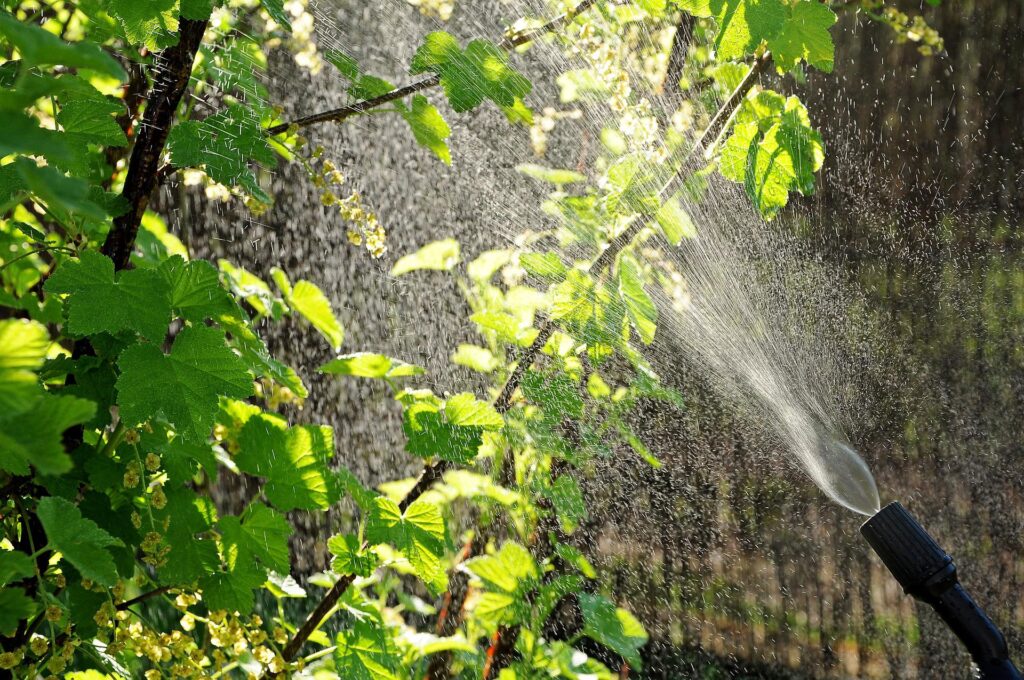
How to use Neem seed meal as a foliar spray
Neem seed meal is an excellent foliar spray for organic gardening. It can be used to help improve the overall health of plants. It is available at most garden stores, and it can be applied using a garden hose or a spray bottle.
Mix the seed meal with warm water, and let the mixture sit and steep for up to two days. Strain the granules to keep the sprayer from getting clogged. Add the mixture to a spray bottle. then spray the leaves of your plants thoroughly. Soak the tops and bottoms of the leaves.
When it comes to organic gardening, there are many different ways to control unwanted guests. One of the most effective uses is as a foliar spray. This is a great way to get that benefit to your plants. It can be used to control insects like aphids, whiteflies, thrips, and mites, as well as diseases like powdery mildew, botrytis blight, and black spot.
For Garden Plants:
Add the neem cake into the soil before you plant to control grubs, nematodes, and other soil dwelling bugs. You can also use foliar spray on the leaves of your garden and landscape plants.
For Indoor Plants:
Add the seed meal to your potting mix to help with flying insects, while adding little nutrients to the mix. You can use the foliar spray with cold pressed neem oil for your indoor house plants
Neem tea can help control spider mites when used weekly
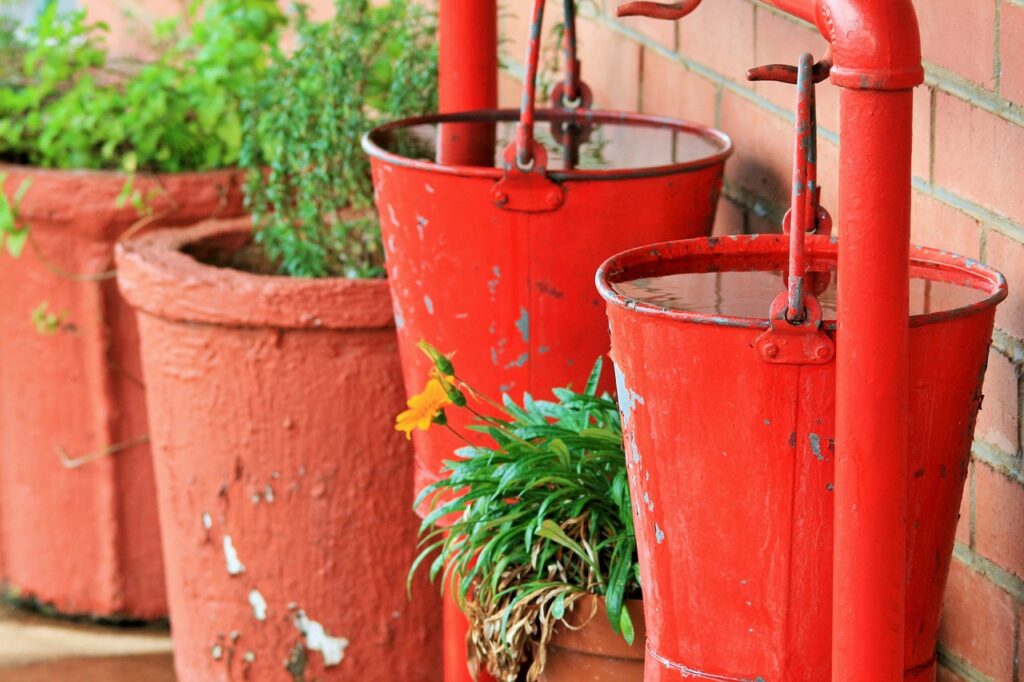
How To Make Neem Tea for Plants
You can make neem tea yourself to help your garden or houseplants fight off pests and diseases. Follow these simple steps and you’ll be well on your way to success.
Neem Meal Tea Recipe
To make this amazing tea add 1 to 2 cups of seed cake and 5 gallons in a bucket of water. You can add kelp for extra micronutrients.
Method 1:
Add 1 to 2 cups of Neem Seed Meal and 5 gallons of water. Please keep it in a cool place, use an air pump bubbler to aerate the mixture like compost tea.
Add it to your regular watering can and water your plants. You can also mix the cake meal and topsoil in a container and place them in your garden.
Method 2:
All you need is neem and some boiled water.
Place the seed meal in a large bucket. Bring a pot of water to a boil. Once the water reaches boiling temperature, pour it into the bucket with the seed meal granules. Let the mixture steep, and stir occasionally for 45 minutes or until the water is dark brown.
Some say the tea mix smells like compost It will smell very strong at first, but after it has been simmering for a while, it will smell more.
Cannabis growers use this as an effective medium stabilizer.
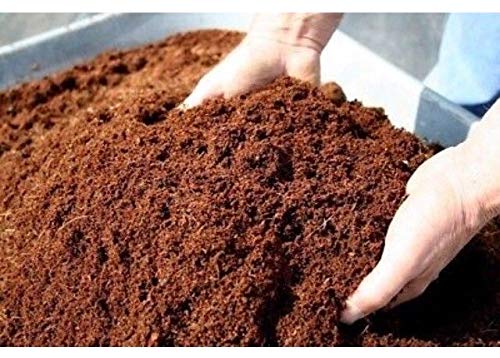
How to Apply Neem Seed Meal
Apply on your plants as a fertilizer. It can be applied in the form of granules or it can be mixed with the topsoil. It is best to apply it when the soil temperatures are between 60° F and 80° Fahrenheit.
You can apply this mixture as a foliar feed but this method should be used with caution as it can burn your plants. Mix the granule kernels with 1/3 nutrient mix then add it to your soil.
Neem has been shown to have antiparasitic, antiviral, and antifungal properties.
Natural Insecticide to control fungus gnats and nematode life cycle in soil
Treats for soil borne pathogens, and invasive species without harming most beneficial insects or the earthworm colonies.
Use this as a soil amendment to control and eventuall eradicate fungus gnats.
it’s effective against root-knot nematodes
excellent source of macro and micro nutrients
Conclusion
Neem Seed meal is a natural, organic fertilizer that is high in nitrogen, phosphorus, potassium, and sulfur. It can be used to improve soil health and fertility, and it can also be used as a pesticide, and is also effective in controlling pests and diseases in plants. Since it’s used as a natural pesticide, fertilizer, and animal feed supplement, this is a valuable addition to your home garden.

